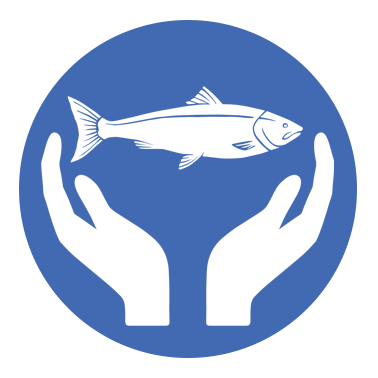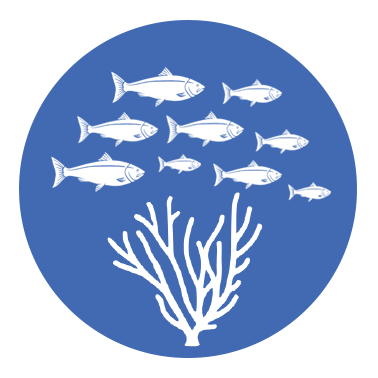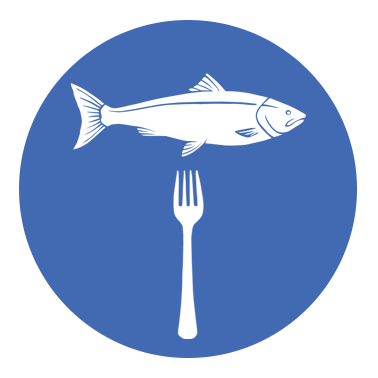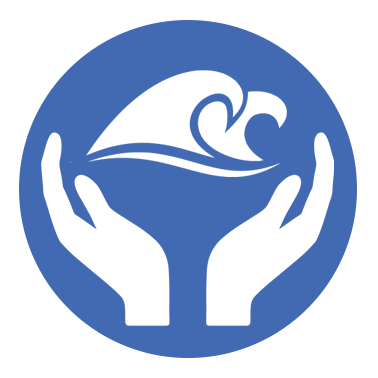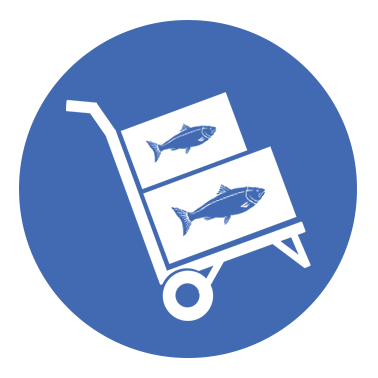Our dream is to make our supply chain as sustainable as the salmon runs themselves. We've started by investing in an electric car and solar panels to power our local deliveries. This investment means a few extra years before we turn a profit, but that profit will be more sustainable, since environmental sustainability and economic sustainability are the same thing.
Bristol Bay Sockeye is one of the most biologically sustainable fisheries in the world, thanks in part to the fact that not many people live there. The rivers and spawning grounds are nearly pristine, which makes for healthy salmon runs. These healthy salmon runs fuel one of the most profitable fisheries in the world.
But, we can't all live in Bristol Bay year round and eat wild salmon in view of their home rivers. To get the salmon where it is needed, we rely on ships, planes, and trucks. Most of which rely on fossil fuels. And the emissions of those fuels will come around to bite Bristol Bay, even while its shores appear largely pristine.
Climate change will leave nowhere for fish to hide. Even the most advanced fisheries management will not keep fishermen in business.
To make our fishery truly sustainable, we need to think about forging more sustainable links in our supply chain. A solar powered freezer facility is doable. In a year there will be electric trucks capable of hauling all our salmon inland.
Barges, tenders and fishing boats get more complicated, and it will be a few more years before they can run entirely on electricity. But, they've run on wind power before.
The Bristol Bay fleet used sails and oars into the 1950s. Even the ships that brought all the canned salmon south were sail-driven. The fishermen and processing plant workers all helped crew the sailing ships between Alaska and California, bringing their boats and supplies north, and the canned salmon south.
That's more interesting than a plane ride. The future of fishing is wild, sustainable, and Epick.
